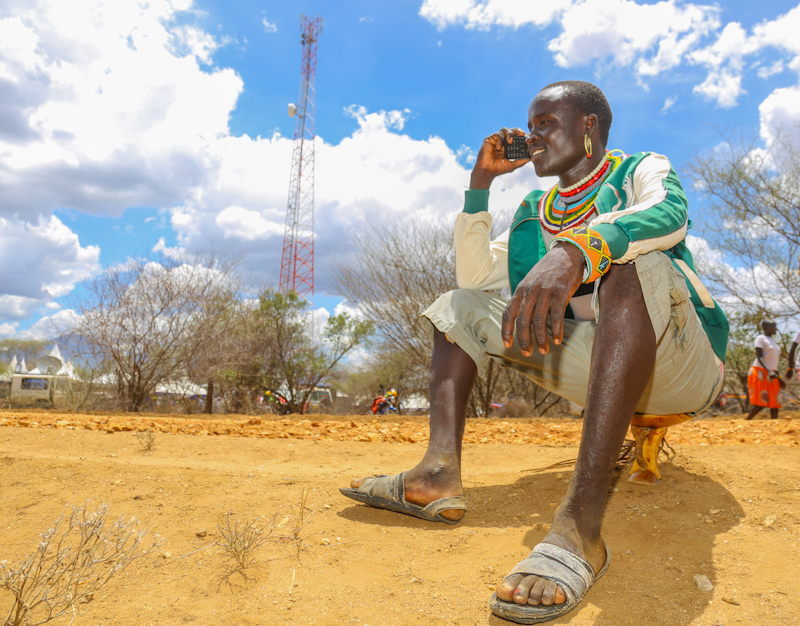Kenyans go to the polls on August 9, 2022. It is one of the elections that will rely on technology and communications more than ever.
It is a race against time to ensure that on D-day, there will be seamless communication and transmission of election results.
Although the Independent Electoral and Boundaries Commission (IEBC) is the body mandated by the Constitution of Kenya to run elections, it cannot work alone without other agencies within and outside the government.
For the general election to be successful, collaborations within and among various agencies are always away from the public eye.
One of the agencies that will play a facilitative role in the upcoming general elections is the Communications Authority of Kenya (CA). As the regulator for the ICT industry in Kenya, the CA is responsible for ensuring reliable communications services in the country, creating a conducive environment for businesses and other critical national programmes, including the general elections.
In the upcoming general elections, there is no doubt that mobile connectivity will be vital in supporting the electoral process, specifically the transmission of the results. The Authority is responsible for ensuring the availability and access to a wide range of communication services in various parts of the country.
Through the Universal Service Fund (USF), the CA has implemented several projects since 2016 geared towards enhancing access to communications services, including mobile network connectivity, in unserved and underserved areas across the country.
The Authority connected 78 sub-locations across 15 counties to mobile network services in the project’s first phase. In the second current phase under implementation, it has targeted 101 sub-locations for mobile network connectivity across 17 counties. The Authority seeks to connect 68 sub-locations in 13 counties in the third phase.
As a result of interventions through the USF and investments by operators, about 96.4 per cent of Kenyans now have access to 3G/4G mobile services. The availability of mobile network connectivity across the country is central to enhancing the livelihoods of the citizens as well as supporting other national activities like elections, particularly in enabling the transmission of results.
In its facilitative role, the Authority ensures that mobile operators contracted by the IEBC to undertake the transmission of results provide quality connectivity for the exercise.
The Authority monitors media content from time to time to ensure broadcasters align their services to the Programming Code, which, among other things, provides guidelines for coverage of political activities, including elections.
Through the National Kenya Computer Incident Response Team Coordination Centre (National KE-CIRT), CA is responsible for managing the country’s cyber security. This ensures that online platforms are not misused during the electoral period to spread fear, hatred, incitement to violence, and fake news, among others.
The Authority has continually invested in tools to execute its regulatory mandate. These include the Quality-of-Service Management System (QSMS), which has boosted our capability to measure the quality of voice, data, and SMS services provided to consumers by licensees.
The Authority also has a Spectrum Monitoring and Management System (SMMS) that enables them to monitor, plan and allocate spectrum efficiently.




